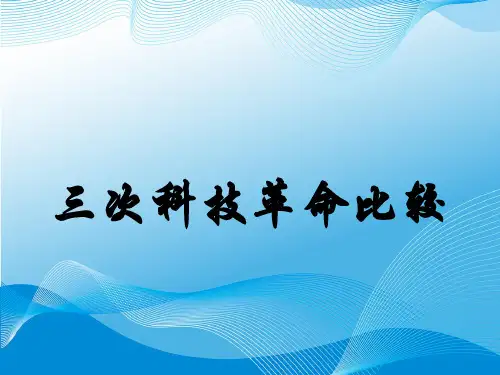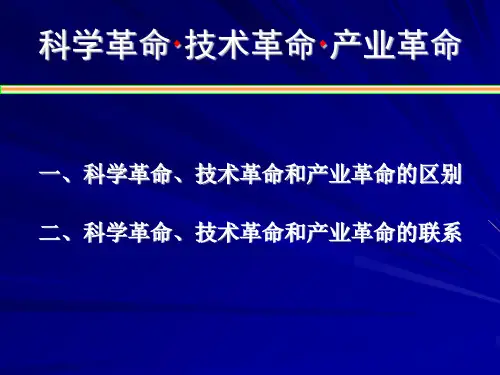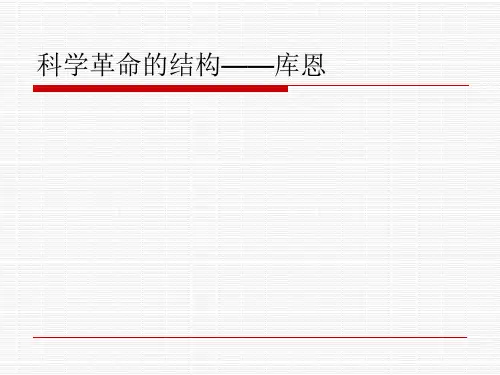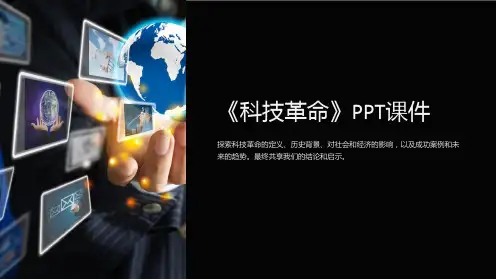• Mathematics, physics, astronomy, biology and chemistry
Scientific Revolution
Enlightenment
Reason
Renaissance
Humanity
Reformation
Emancipation
Influences
Columbus in scientific field
Scientific inventions (necessary) Scientific theories (more important)
4. Philosophical ideas
Firm belief in materialism
Founder of empiricism
(1604-1612)
educated at the Jesuit college
Military Life and Philosophical Exploration (1619-1628) • the Thirty Years' War →enlisted in army • Religious intolerance →moved to Holland • shared Galileo's heresies and maintained two heretical
• New instruments: abandon prejudice and preconceived attitude, ”idols”
• Experiment: the “law” is not from authorities
Question
Bacon has no scientific inventions. Why is he called “Father of Modern Science”?








